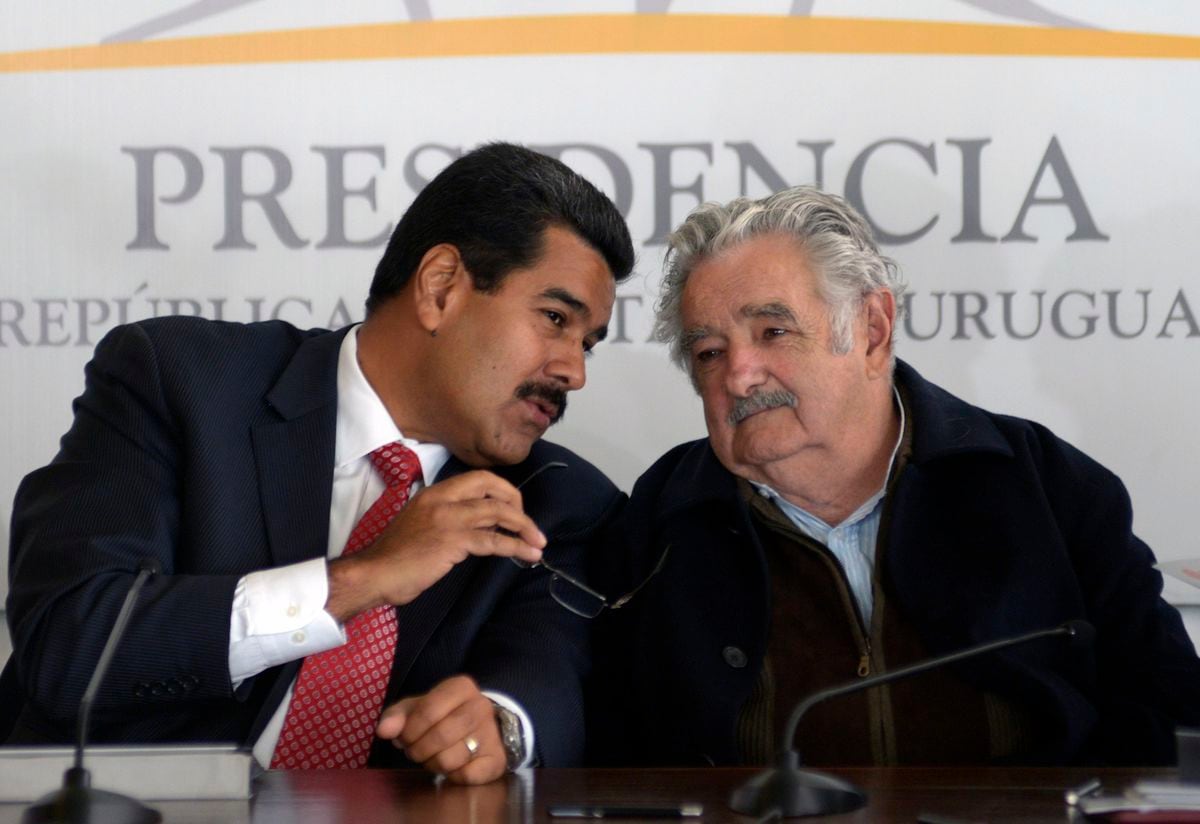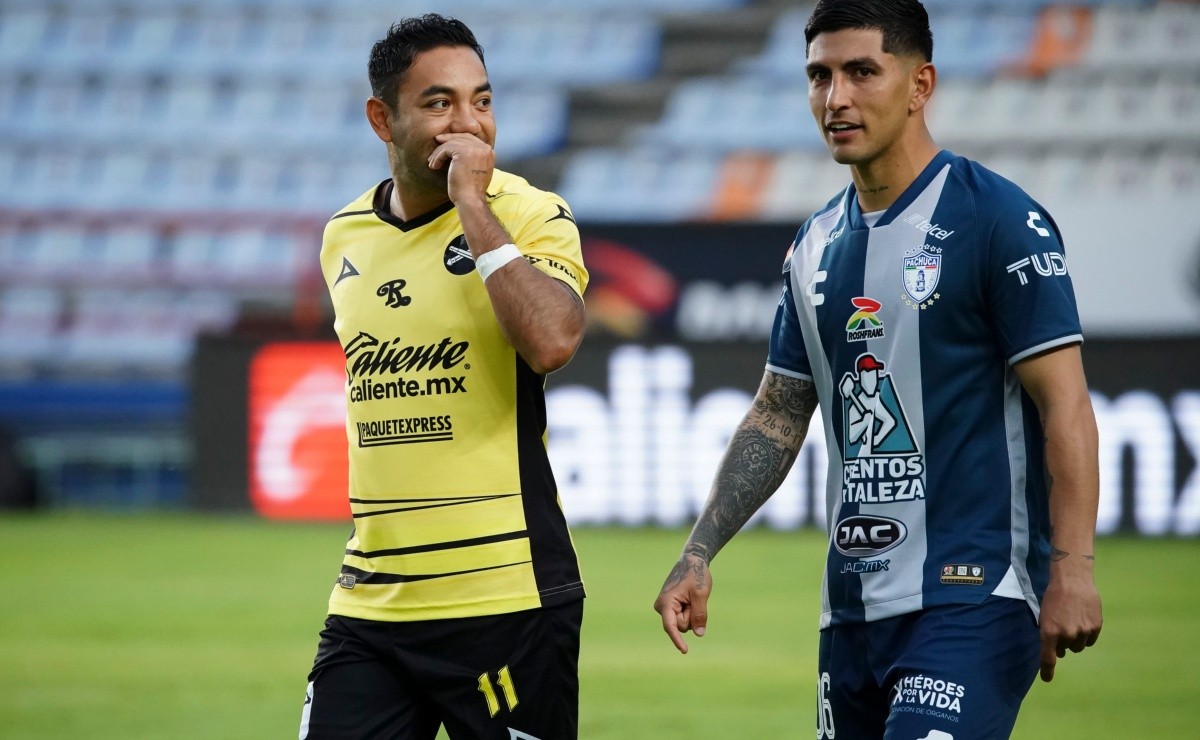A wave of prisons in Venezuela has once again raised alarms about Nicolás Maduro's government. In the region, several countries have rejected the arrest of activist Rocío San Miguel and the expulsion of representatives of the United Nations High Commissioner for Human Rights for allegedly plotting to assassinate the president. Leftist leader and former Uruguayan President Jose Mujica has also distanced himself from Maduro's Chavismo, with whom he was once close.
“Venezuela has a dictatorial government that goes the other way,” he said Friday before a group of journalists who asked him if there was a dictatorship in Venezuela. “What does the word dictatorship mean? Where does the concept of dictatorship come from? The end of the Roman Empire when the potatoes were burned, they concentrated power and gave it to a single person to rule. No disagreement or anything. A closed order as it cannot be discussed at critical moments. There must be someone in charge. An image of the dictator was found there. Venezuela is a totalitarian government, you can call it dictator…call it what you want.
A few days ago, in an exchange of statements on social networks, Mujica also criticized the reaction of Vice President Delsey Rodríguez, who described the current president of Uruguay, Luis Lockal Poe, as a “defect” of the United States. The dictatorial slide in Venezuela, now recognized by Uruguay's leader. “You can't talk about American presidents like that. It should not be talked about for convenience and even for diplomatic relations,” Mujica said.
It's not the first time Mujica has criticized Maduro, but it's the first time a leader considered one of the most articulate and equanimous voices in Latin American politics has acknowledged his authoritarianism. In 2016, he said in an interview that “everyone in Venezuela is as mad as a goat,” and Uruguayan Luis Almagro, the target of the ruling Chavismo's scorn, came out to defend the Secretary-General of the Organization of American States.
Hardening opposition to Maduro, voices of dissent and even multilateral diplomacy have raised a new siege on Venezuela. Argentina, Ecuador, Paraguay and Uruguay have rejected San Miguel's arrest and the expulsion of the UN delegation. The United States and the European Union have also condemned these incidents, and now the UK has also joined them. The international community is pushing for the resumption of the Barbados accords in Venezuela, which would mean progress in talks between Chavismo and the opposition to find an electoral solution to the Venezuelan crisis.
Last October's opposition primaries, in which leader María Corina Machado secured high popular support, quadrupled Maduro's low approval ratings, and the determined mobilization of the opposition was evident in the obstacle-filled process, a reluctant Chavismo. To give in power. The scenario of free and competitive elections envisioned last year now stands after Maduro has reversed his commitments and concessions he reached with the United States to ease oil and gas embargoes. Change in the Venezuela crisis in recent years.
In another part of the conversation with journalists, Mujica said, “Venezuela's misfortune is that it has a lot of oil and feels surrounded and has a dictatorial government, they are going to the other side.” “But I learned this: in a besieged square, any opponent is a traitor. They treat people like orthos,” he pointed out. In recent days, the situation in Venezuela is again at the center of political debate in Uruguay, which has heated up ahead of general elections in October this year. The candidacy of María Corina Machado Recent events, such as the ban, have prompted President Lakal Pó to speak out about the situation in the Caribbean country. “It's clear, it breaks your eyes, it's a dictatorship, there are no elections,” he said last Sunday. have done
The situation is less clear in the ranks of the leftist Frente Amplio, whose key leaders are more reluctant to call the Maduro government a dictatorship. However, there are notable exceptions, including former Vice President Danilo Astori and Mujica, who described him as such in 2019. “It is a dictatorship, yes. The current situation is nothing but dictatorship, but in Saudi Arabia there is a dictatorship, there is an absolute king, in Malaysia they kill 25 boys a day, in the People's Republic of China, what do you say? me? Mujica.
Follow all the information of El PAÍS América Facebook And XOr among us Weekly newsletter.


:format(jpeg):focal(140x366:150x356)/cloudfront-us-east-1.images.arcpublishing.com/gfrmedia/77C2FAUHHND47PD2BWDJEEWRQM.jpg)


